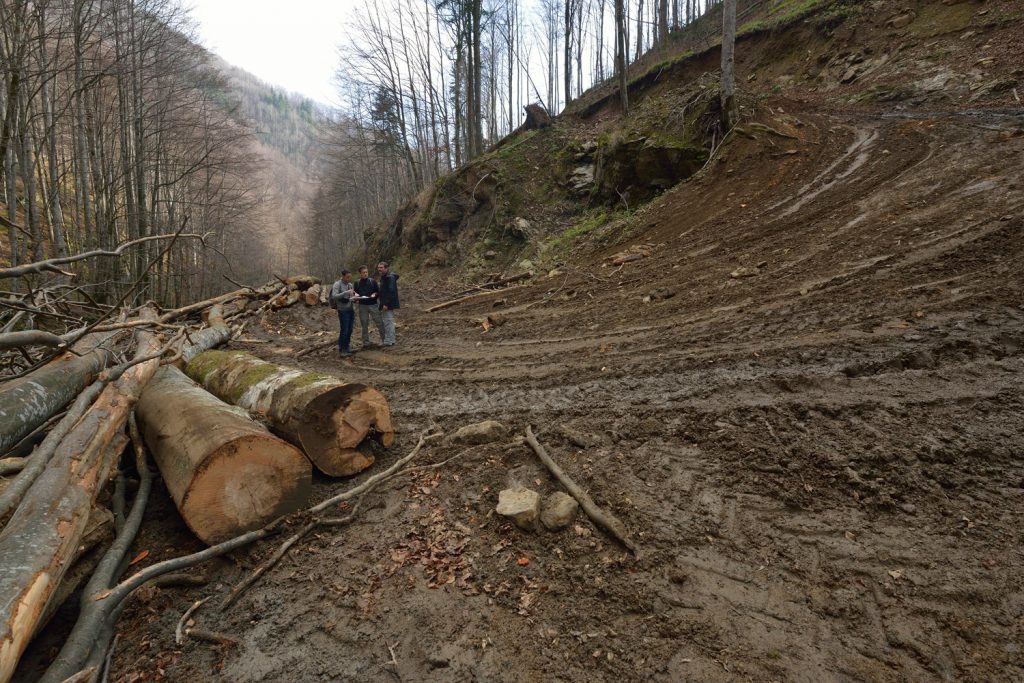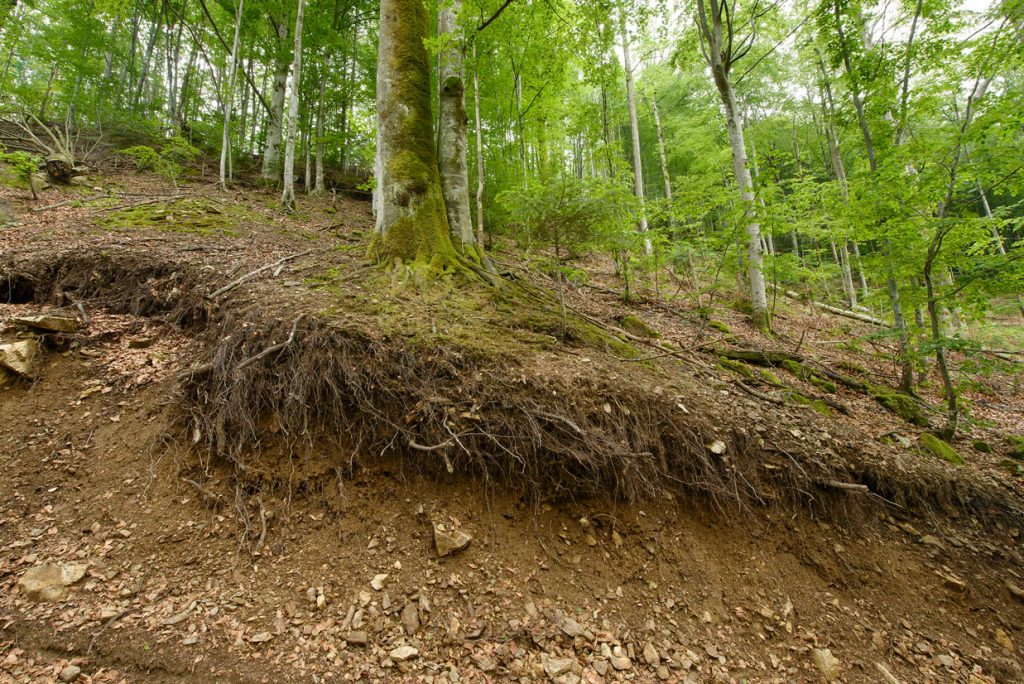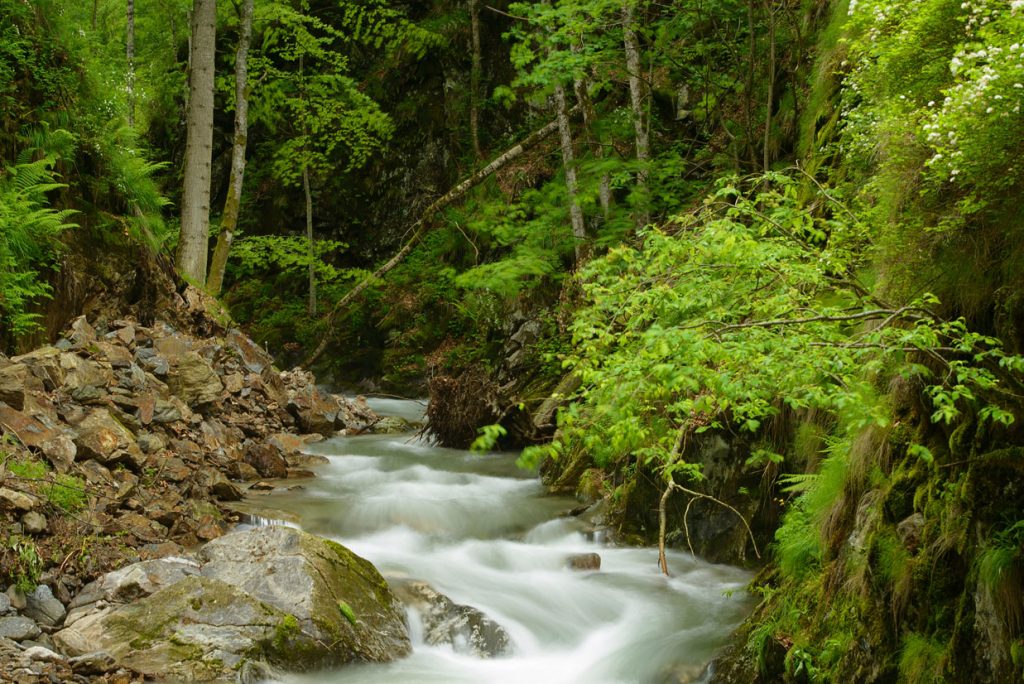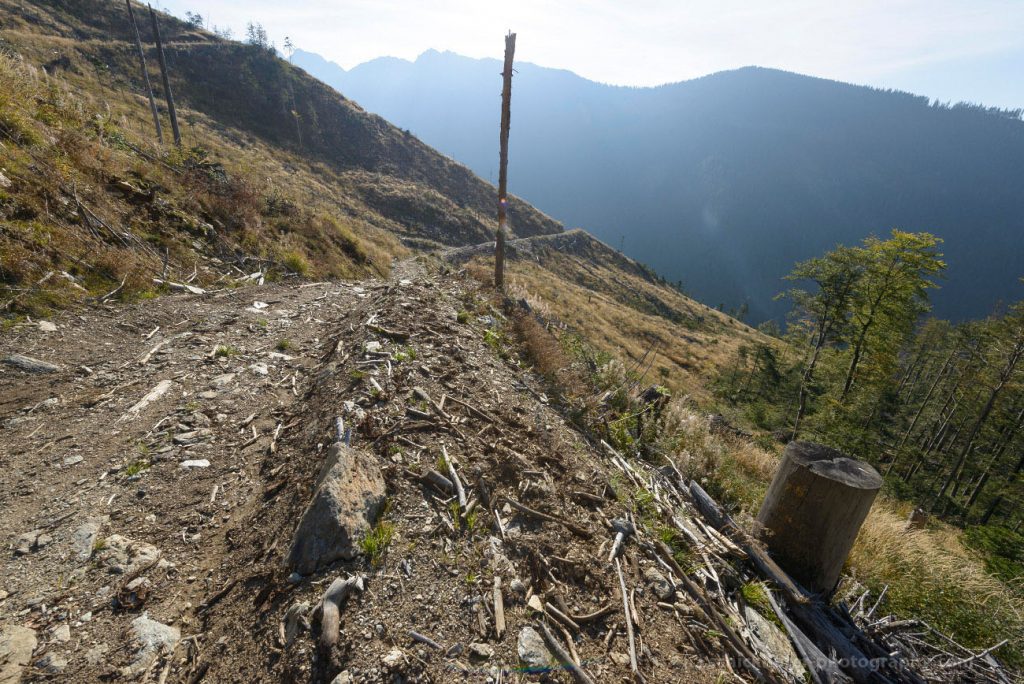Bucharest Court of Appeal decides on full public access to forest management plans; EU Commission calls for full transfer of the Natura 2000 directives into Romanian national law.
Forest management plans contain environmentally relevant information and must therefore be publicly accessible. The Court of Appeal in Bucharest has now also adopted this legal opinion. The NGO Agent Green has filed more than 100 lawsuits against forest owners and authorities in the past year to get public access to forest management plans in order to enforce the EU directive on public access to environmental information, the Aarhus Convention and the EU Nature directives in connection with the protection of ecologically valuable forests. The Court of Appeal in Bucharest has now handed down an important decision: The public has the right to access environmental information in forest management plans.
For a long time, Romanian authorities and Romsilva, Romania’s state forest administration, have kept environmentally relevant information in forest management plans secret – contrary to the provisions of the Aarhus Convention and the EU Environmental Information Directive. Agent Green has therefore had to seek access to relevant information in numerous legal proceedings. The court of appeal in Bucharest has now found Agent Green is correct and dismissed an appeal lodged by the Ministry of the Environment. With immediate effect, the ministry is therefore obliged to make environmentally relevant information from forest management plans available to the public on request. This means that civil society can finally access information, including: the volume of wood that exists in the forest, the species of trees, the average age of the trees, what kind of logging activity is planned and the volume of wood approved for cutting in the last 10 years. This is an important step to ensure public control of compliance with EU directives and thus the protection of ecologically valuable forests.
The decision also sends a strong signal to the rest of the EU, because forest management plans are kept secret almost everywhere. The issue of inadequate access to environmental information is also essential with regard to the EU infringement proceedings against the government in Bucharest. The EU Commission could soon escalate the infringement proceedings to the Court of Justice of the EU.
At the same time, the pressure from Brussels on the Romanian government is growing. In its latest publication on infringement proceedings, the European Commission calls on Romania to fully ensure the conservation of the country’s natural habitats and the protection of wild animals and plants in accordance with the requirements of the EU Nature Directives. The EU Commission complains that the forest management plans often do not take Natura 2000 provisions into account. The nature conservationist witnesses of Agent Green have repeatedly documented illegal logging, in particular in designated Natura 2000 sites. Romania now has two months to remedy this situation, otherwise the EU Commission threatens to issue a reasoned opinion, which could lead to legal proceedings at the Court of Justice of the EU – and potentially a harsh sentence afterwards.





